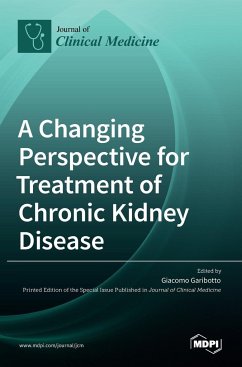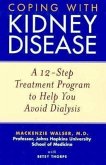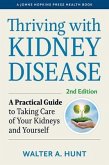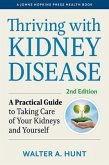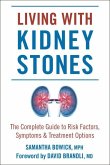Chronic kidney disease (CKD) has become an enormous worldwide health problem, both in developed and less developed countries. The incidence and prevalence of CKD is high, and is associated with increased mortality and morbidity. Of note, CKD is the 12th most common primary cause of death, accounting for about 1 million deaths per year worldwide. CKD and end-stage renal disease are characterized by the progressive development of a series of complications, such as anemia, hyperkalemia, hypervolemia, mineral and bone disorders (CKD-MBD), metabolic acidosis, hyperuricemia and wasting; all of these complications have been shown to be associated with adverse outcomes, and can contribute either individually or in association to the cardiovascular morbidity and mortality observed in CKD. While at this time CKD progression is not treated with high efficacy, new biomarkers of kidney fibrosis have become available in recent years and new treatments for kidney fibrosis and cell loss could become soon available. In addition recent progress in our understanding of CKD pathophysiology together with the development of novel therapeutic agents has led to a renewed attention on the treatment of CKD-associated metabolic complications which are now are amenable to therapeutic interventions. All these important issues are addressed in this volume.
Hinweis: Dieser Artikel kann nur an eine deutsche Lieferadresse ausgeliefert werden.
Hinweis: Dieser Artikel kann nur an eine deutsche Lieferadresse ausgeliefert werden.

